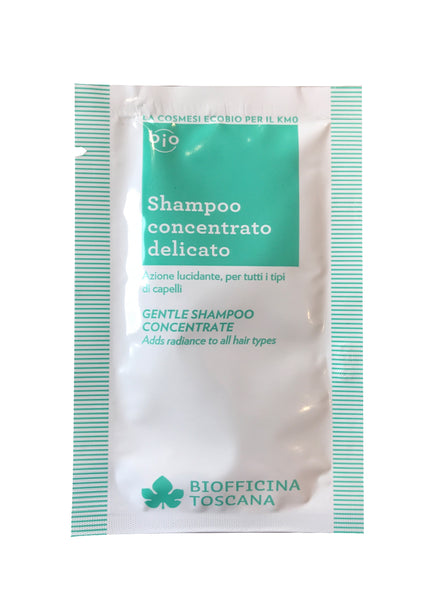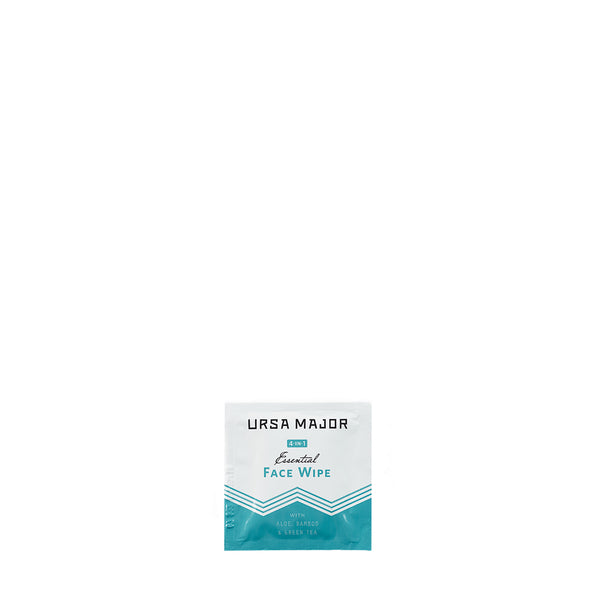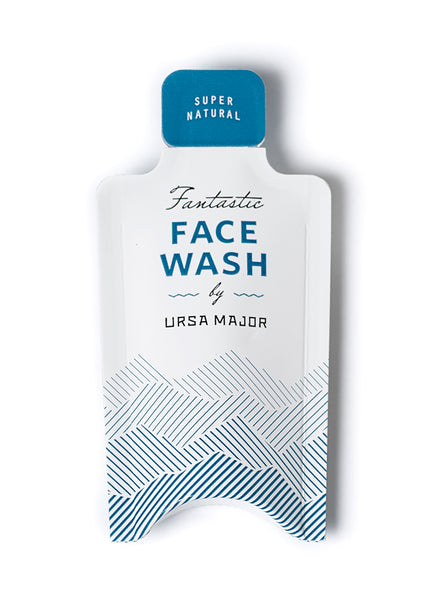Recent Articles
An interview with Sara Szal Gottfried, MD
What treatments work best for perimenopause, and is hormone therapy a good idea?
We couldn’t think of a better person to ask than Dr. Sara Szal Gottfried — a renowned hormone expert, Harvard-educated OB/GYN, and MIT-trained bioengineer who practices evidence-based integrative, precision, and functional medicine. The author of four New York Times bestselling books about hormones, nutrition, and health, she’s our founder (Dara)’s favorite women’s health authority and our go-to expert on all things related to perimenopause.

**
Dara: Your approach to perimenopause involves a unique three-step process. Can you quickly give us an overview of each one of these steps, and why you suggest doing them in this order?
SARA SZAL GOTTFRIED, MD: When I dealt with my own hormone imbalances, my goal was to discover the root causes, to formulate a customized and rigorous fix, and to track my progress. In the Gottfried Protocol, I combine the latest medical advances and cutting-edge techniques with ancient treatments validated by modern research and scores of women in my practice.
Some studies suggest that your genes directly control only about 10 to 15 percent of your biology. They are a blueprint only. As a general rule, your environment controls the remainder. The way you eat, move, sleep, and supplement can alter how your genes express themselves. Epigenomics is the foundation of the Gottfried Protocol. Creating a reproducible methodology to assess, support, and maintain hormonal balance for myself and my clients took more than ten years. I defined, tested, and refined a systematic three-step approach:
Step 1. Lifestyle design—food and nutraceuticals fill in the missing precursors to proper brain-hormone communication, along with targeted exercise
Step 2. Herbal therapies
Step 3. Bioidentical hormones
Most of my recommendations are available without a prescription. When women put an earnest effort into step 1 of the protocol, they find most of their symptoms of hormone imbalance disappear. If they don’t, we shift to step 2—proven botanical therapies. After completing steps 1 and 2, few women need bioidentical hormones, but for those who do, the doses and duration of treatment are often lower than if they’d skipped the lifestyle design and herbal therapies.
Dara: With the understanding that there’s no one-size-fits-all food program from your perspective, are there any dietary changes that you tend to suggest for most people? What about intermittent fasting, for example?
SARA SZAL GOTTFRIED, MD: Intermittent fasting (IF) implies a period of metabolic rest that we know from ancestral health is beneficial, but in recent times, that period of metabolic resting has shortened. Now we work longer days and use artificial light at night, so our eating patterns less and less resemble the way they evolved. From years of working with women in my practice, I know caloric restriction does not work 98% of the time. But 95% of my patients can incorporate intermittent fasting into their lifestyle. When it comes to your hormones, the benefits of intermittent fasting outweigh the risks, in my opinion.
Dara: Similar question about supplements — understanding that you tailor supplement suggestions for each individual, are there any supplements that you tend to suggest for most people?
SARA SZAL GOTTFRIED, MD: Yes — Omega-3s, magnesium, B vitamins, and vitamin D.
Dara: What are bioidentical hormones, and are they better than birth control pills when you’re in perimenopause? Who shouldn’t take them? How long can you take them for?
SARA SZAL GOTTFRIED, MD: Discussion about hormone therapy for perimenopause and menopause is complex. Questions about safety, timing, and duration typically require a nuanced conversation about a person’s history, diet, lifestyle, risk factors, genetics, blood tests, and cognitive function. I practice Precision Medicine, which means that every patient receives a highly customized protocol based on their particular goals, risk factors, inputs, and outputs.
This is a great article for women to read: Hormone Therapy for Women: What Are the Known Risks? It addresses the flaws in the Women’s Health Initiative trial as well as my approach to hormone therapy.
Dara: Beyond your protocol, are there any exciting areas of research that we should all be keeping an eye on?
SARA SZAL GOTTFRIED, MD: We have all heard the phrase, “What you measure improves,” and this concept has never been more true as we move into the era of personal dashboards, longitudinal data streams, and precision medicine analytics in order to improve and personalize health.
The benefit of biohacking is to leverage every means possible—genetic, biochemical, psychological, emotional, spiritual—toward a specific goal, usually to feel your best and most productive.
We know that many chronic diseases such as metabolic syndrome, diabetes, and heart disease, even cancer, are preventable. Conventional medicine is incredible in emergency and acute situations, yet it lacks answers when it comes to prevention and reversal of chronic disease. This has led to growing ranks of people interested in self-optimization as they become aware of just how much they can do to improve their health, prevent future illness, and increase their healthspan.
Use a continuous glucose monitor to optimize your blood sugar and metabolic health. You can learn how to track your blood sugar here. While people are experiencing dramatic results taking GLP-1 agonists such as Ozempic to lose weight, you still have to do the work. It’s not a fast pass to good metabolic health. Lifestyle changes around diet and exercise are still extremely important.
**
Note from Dara:
Perimenopause and menopause can also have a dramatic effect on skin and hair — much of it, unfortunately, unwelcome. We have many years of experience helping our Ayla community through it; you’ll find our favorite recommendations in this Peri/Menopause Toolkit. We also highly recommend booking a complimentary check-in with one of our Guides to help you narrow down the options, especially if you’re noticing changes in your skin and hair.
But we also know that products can’t do all the heavy lifting on their own; if you’re perimenopausal, your body is going through some significant shifts, and addressing those more systemically will also benefit your skin and hair health. We couldn’t be more thrilled to share Dr. Sara Gottfried’s knowledge to give you a running start. Endless thanks to Sara for being such a gracious guide for us all!
If you missed her Perimenopause 101 interview, you’ll want to check that out here.
About Dr. Sara Szal Gottfried:
Sara Szal Gottfried, MD is a physician, researcher, author, and educator. She graduated from Harvard Medical School and MIT, and completed residency at UCSF, but is more likely to prescribe a CGM and personalized nutrition plan than the latest pharmaceutical.
Dr. Gottfried is a global keynote speaker and the author of four New York Times bestselling books about hormones, nutrition, and health. Her latest book is called THE AUTOIMMUNE CURE (published in March 2024).
Dr. Gottfried is Clinical Assistant Professor in Dept. of Integrative Medicine and Nutritional Sciences at Thomas Jefferson University, and Director of Precision Medicine at the Marcus Institute of Integrative Health. She takes care of executives and professional athletes. Her focus is at the interface of mental and physical health, N-of-1 trial design, personalized molecular profiling, use of wearables, and how to leverage these tools to improve health outcomes. Learn more at SaraGottfriedMD.com.


















